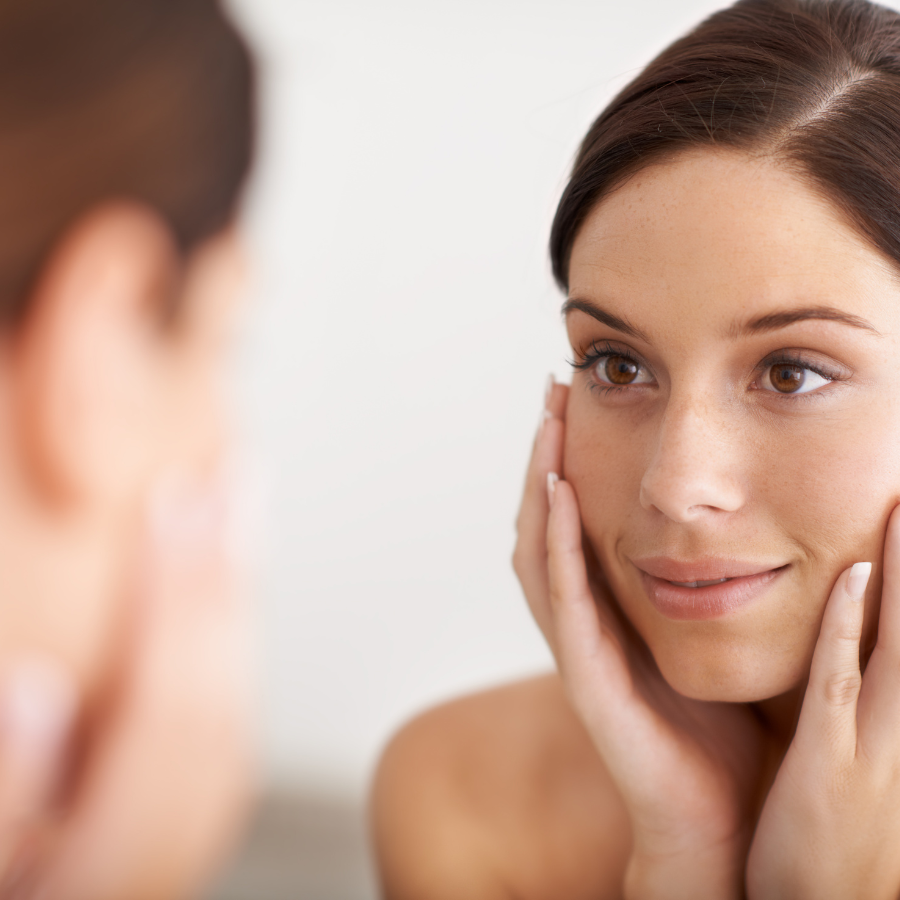1. Physical protection should always come first
No matter how expensive or high-end your sunscreen is, if you don’t physically protect your skin, UV rays will still find a way to damage it. In fact, physical protection is your first and most important line of defense against sun exposure.
Whenever you’re outdoors, make sure to wear sun-protective clothing, a wide-brimmed hat, sunglasses, and even carry an umbrella if needed. If possible, opt for UV-protective fabrics that help reduce the amount of sun exposure reaching your skin through clothing.
Pro Tip: In addition to covering up, apply a broad-spectrum sunscreen to shield your skin from both UVA and UVB rays. Combining both physical and chemical protection gives your skin the most complete defense.

2. Add skin-repairing ingredients to your routine
Sunscreen is vital, but restoring your skin after sun exposure is just as crucial. After a long day in the sun, your skin may feel stressed, dehydrated, or even damaged at a cellular level.
This is where repair-focused serums come in. Look for skincare products containing Vitamin C, Vitamin E, Niacinamide, or other antioxidants. These ingredients not only help soothe and repair damaged skin, but also promote a brighter, more even complexion.
Tip: Use Vitamin C serums in the morning (before applying sunscreen), and Niacinamide or Vitamin E in the evening to maximize your skin’s recovery and brightening process.

3. A healthy lifestyle supports beautiful skin from within
Don’t underestimate the power of a healthy lifestyle. Skincare is more than just products—it’s also about how you care for your body from the inside out.
Get enough sleep, eat plenty of fruits and vegetables, and stay well-hydrated. These simple steps help boost your immune system and slow down the aging process at a cellular level. When you get quality sleep, your body naturally produces more collagen and repairs skin damage. Meanwhile, the vitamins and antioxidants in your diet help fight oxidative stress and inflammation.
Did you know? Sometimes, using fewer products but living more mindfully can make a big difference in your skin’s health. Just sleeping early and eating well can already give your skin a noticeable glow!

4. Don’t skip daily moisturization
Hot weather often makes people hesitant to moisturize because they worry about sticky, greasy skin. But in reality, hydration is the key to maintaining healthy, glowing skin all summer long.
After cleansing or sun exposure, your skin tends to lose moisture quickly. Without proper hydration, the skin’s protective barrier weakens, making it more prone to dryness, irritation, and premature aging.
Choose lightweight, non-comedogenic moisturizers with ingredients like Glycerin, Hyaluronic Acid, or Panthenol. These help lock in moisture without clogging pores or causing breakouts.
Skin tip: Moisturizing not only strengthens the skin’s barrier—it also prepares your skin to better absorb serums and active ingredients. If you’re aiming for “glass skin” that looks dewy and healthy, this is a must-do step.

Final Thoughts: Sunscreen isn’t enough—protect your glow the smart way!
Sunscreen is non-negotiable, but if you want to maintain your skin’s brightness, prevent dullness, and slow signs of aging throughout summer, these simple habits are just as important:
-
Use physical barriers like sun-protective clothing and accessories
-
Apply serums with antioxidants and brightening agents
-
Maintain a healthy lifestyle with good sleep and nutrition
-
Moisturize daily to support your skin’s recovery and resilience
Stick to these four habits consistently, and you’ll notice your skin becomes brighter, more even-toned, and healthier—even after a long summer under the sun.
So, how are you protecting your radiant glow this summer?





